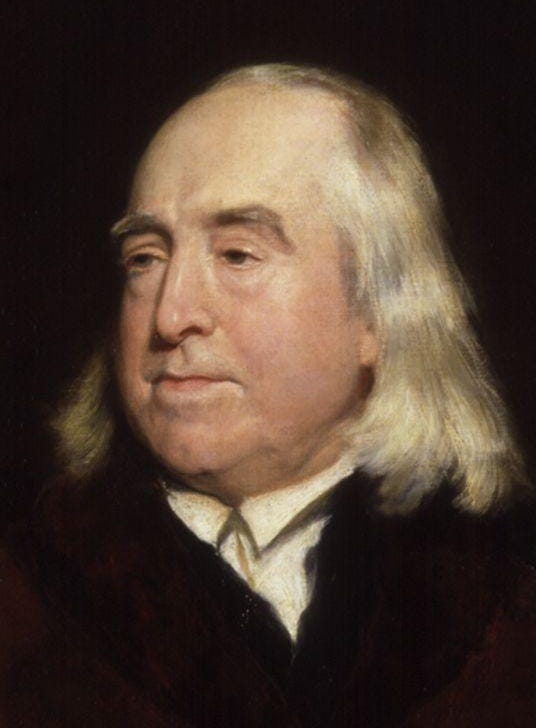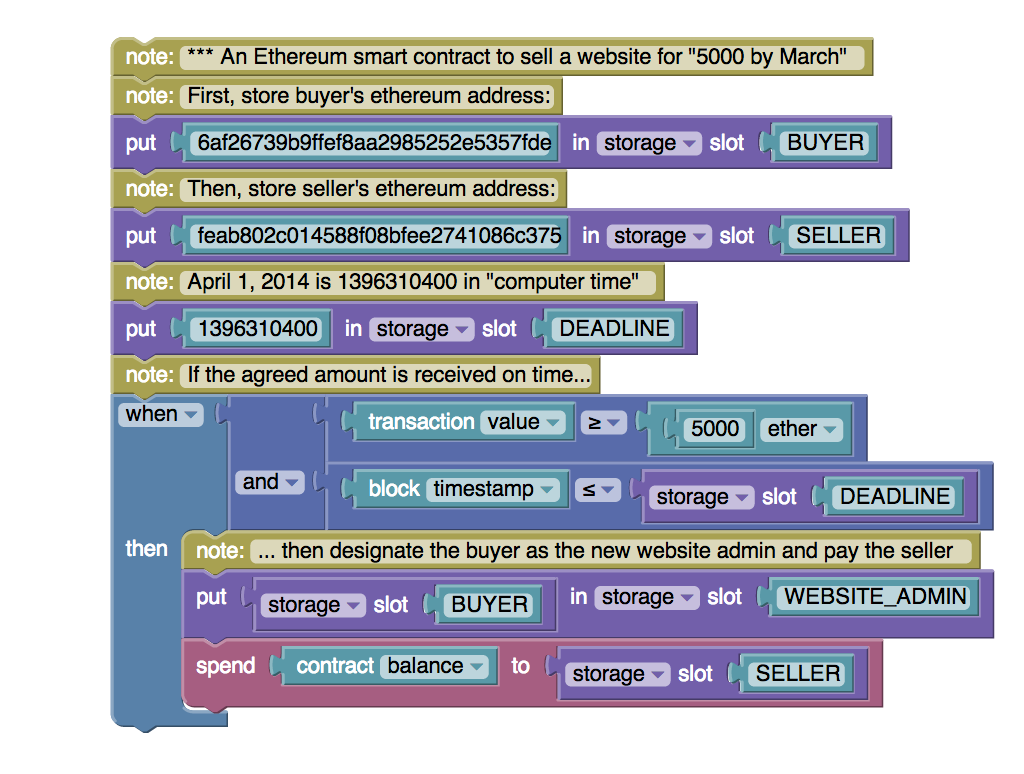
Jeremy Bentham (London, 1748-London, 1832) was not an ivory tower philosopher. He wasn’t as much interested in theory as he was in changing the world. For his contributions to disciplines as diverse as ethics, economics, political science, law and judicial administration, he emerged as one of the greatest intellectual figures of the 19th century.
Though he is better known for his moral philosophy of utilitarianism, Bentham’s obsession was transforming the legal oral tradition into written law. He spent a great deal of time struggling for the codification of laws (in fact, he is credited with inventing the word codification).
In 1811, he wrote to President James Madison to volunteer writing a complete legal code for the United States. When he got a negative response, he made the same offer to the governor of every American state. So he did with the governments of Russia, Poland, Spain, Portugal, Greece and Guatemala. His ultimate goal was to compile all of the world’s laws into one great book.

Bentham’s obsession with codification was a matter of justice. He was fighting the evil system crafted by the corporation he called Judge & Co., where judges and lawyers partnered in a judiciary of obscure rules to protect their interests at public expense. They hacked the system thanks to their superior knowledge of language. The outcome of a trial was unpredictable, and a poor person could not run the risk of seeking justice in court. He could lose everything.
“The lies and nonsense the law is stuffed with, form so thick a mist, that a plain man, nay, a man of sense and learning, who is not in the trade, can see neither through not into it”. Jeremy Bentham.
Bentham wanted to democratize justice. He called for creating an Equal Justice Fund, financed by fines on the convicted and by the taxpayer, to subsidize low-income citizen. He also suggested that judicial procedures should use natural language, instead of the jargon that only the members of Judge & Co. could understand.
From East Coast Code to West Coast Code
Lawyers are the only people that ignorance of the law is not punished. Jeremy Bentham.
Bentham lived in a time of consolidation of capitalism and rising nation states. His legal struggle was meant to follow the economic and political development of his time.
Early 21st century is another time of transition, this time, to the Internet networked society. This needs another codification effort. Law is the East Coast Code. The United States facing the Atlantic and Europe is the old economy of Wall Street and high finance. The East has the top law schools such as Harvard and Yale. West Coast Code is computer code. The United States facing the Pacific and Asia is the new economy. The West has Silicon Valley and Stanford.
Smart contracts stand at the core of the new legal system for the Internet age, written on West Coast Code. Invented by Nick Szabo in the mid-1990s, enforcement is automatic and decentralized. In the world of smart contracts, there is no ambiguity and no room for Judge & Co. to manipulate the system. Smart contracts need no notaries, lawyers and judges.

This image is a smart contract in Ethereum network. It is an agreement for the sale of a website. It states that the ownership of the asset WEBSITE will be transferred from the agent SELLER to agent BUYER, if on April 1, 2014 the BUYER transfers 5000 units of the virtual currency Ether to the SELLER.
The contract is self-enforced and there is no room for interpretation. There is a fulfillment condition (payment of 5000 Ether) that triggers an event (the transfer of ownership of the website) between two agents (buyer and seller). If the trigger condition is fulfilled, the ownership of the site is irrevocably transferred. The buyer automatically receives the password and the online property document. There is nothing that the seller can do to prevent it.
Had the contract been signed on East Coast Code, the seller could have refused to hand over the keys. Of course, the buyer could go to court to enforce his property rights. However, the outcome was in the end to be determined by Judge & Co. With a good lawyer, the seller could get away with it. Corruption and legal ambiguities were on his side.
Smart contracts come to break this injustice. They fulfill Bentham’s dream of a law completely clear in its formulation and transparent in the enforcement, impossible to be hacked by a corrupt judicial system. Bentham spent half his life struggling for the codification of oral tradition in written law. The battle of our time is coding written law into computer code. East Coast Code to West Coast Code. It is software eating law and disintermediating lawyers. A new legal system for a new economic, political and technological order.